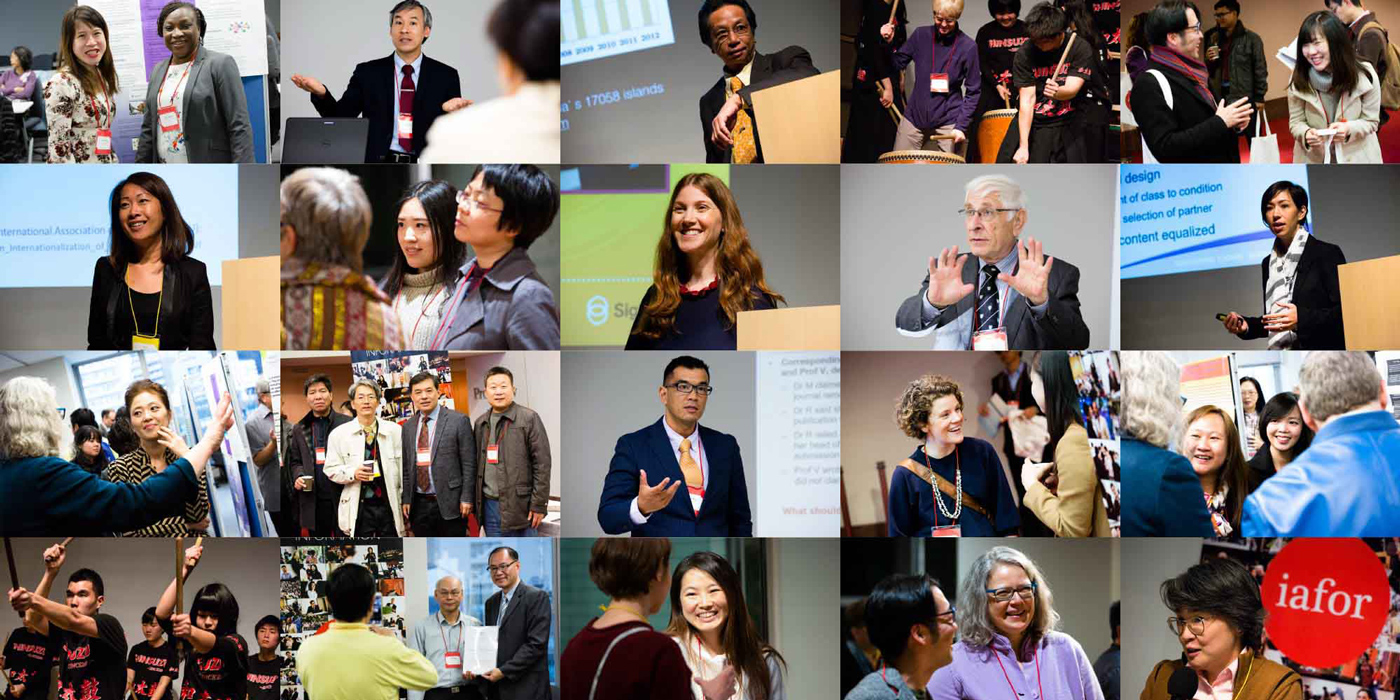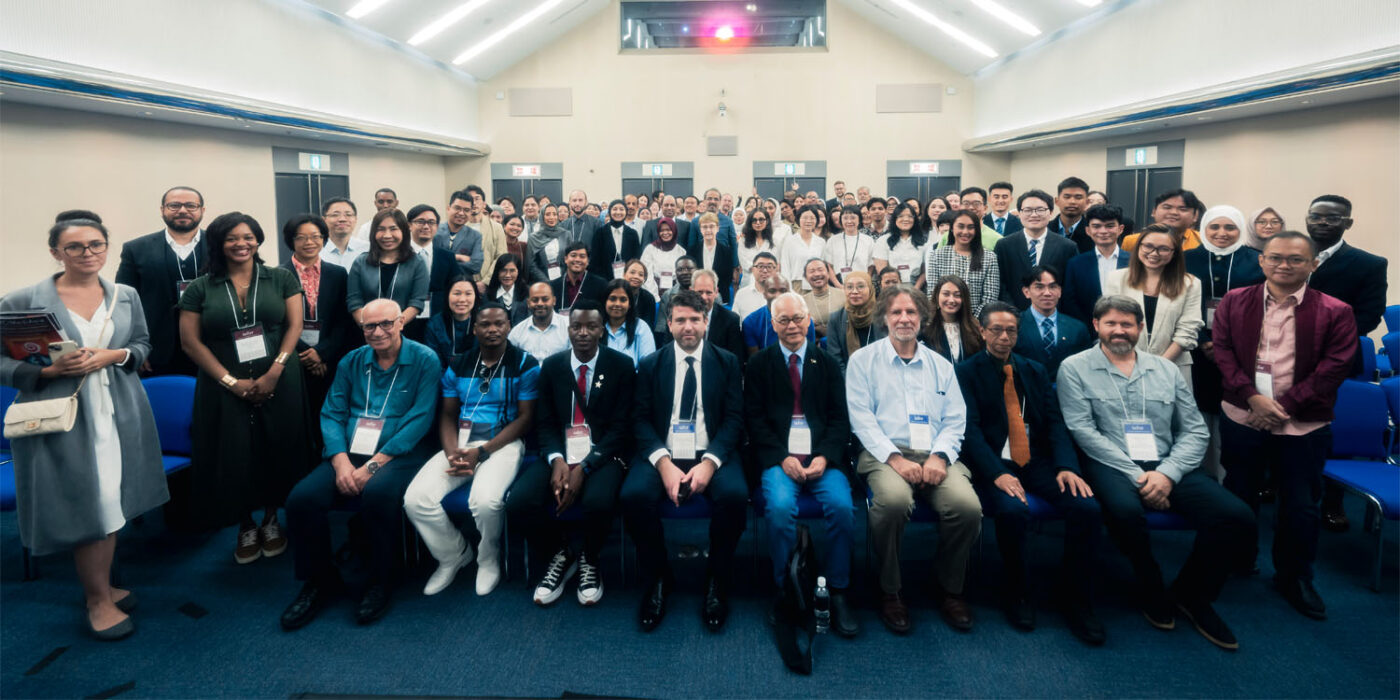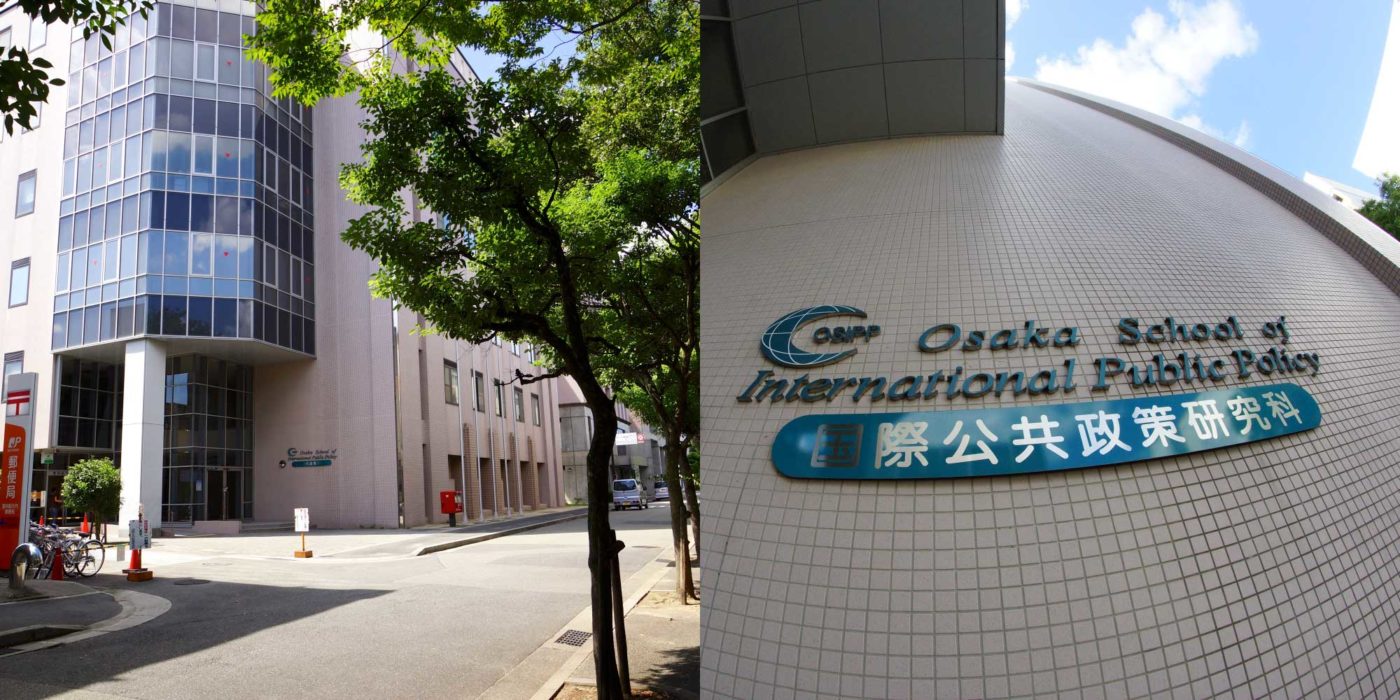Call for Papers are now open for The 17th Asian Conference on Media, Communication & Film (MediAsia2026).
The 17th Asian Conference on Media, Communication & Film (MediAsia2026)
November 09-13, 2026 | Held at the Kyoto Research Park, Kyoto, Japan, and Online
International, Intercultural, Interdisciplinary
The 17th Asian Conference on Media, Communication & Film (MediAsia2026) will be held alongside The 7th Kyoto Conference on Arts, Media & Culture (KAMC2026) as a part of the IAFOR's Asian Conference Series in Japan, and many of the sessions will concentrate on areas at the intersection of education, media, arts and culture. In keeping with IAFOR’s commitment to interdisciplinary study, delegates at either conference are encouraged to attend sessions in other disciplines. Registration for either conference will allow delegates to attend sessions in the other. We expect the resultant professional and personal collaborations to endure for many years, and we look forward to seeing you in Kyoto and online!
 Welcome to The 17th Asian Conference on Media, Communication & Film (MediAsia2026), held in partnership with the IAFOR Research Centre at the IAFOR Research Centre at the Osaka School of International Public Policy (OSIPP) in The University of Osaka, Japan.
Welcome to The 17th Asian Conference on Media, Communication & Film (MediAsia2026), held in partnership with the IAFOR Research Centre at the IAFOR Research Centre at the Osaka School of International Public Policy (OSIPP) in The University of Osaka, Japan.
MediAsia2026 encourages academics and scholars to meet and exchange ideas and views in an international forum stimulating respectful dialogue. This event will afford an exceptional opportunity for renewing old acquaintances, making new contacts, networking, and facilitating partnerships across national and disciplinary borders.
 Since its founding in 2009, IAFOR has brought people and ideas together in a variety of events and platforms to promote and celebrate interdisciplinary study, and underline its importance. IAFOR continues to engage in many cross-sectoral projects across the world, including those engaging leading universities (Virginia Tech, UCL, Singapore Management University, University of Belgrade, Lingnan University, Barcelona University, University of Hawai’i, Moscow State University), think tanks, research organisations and agencies (the East-West Center, The Center for Higher Education Research, The World Intellectual Property Organization), and collaborative projects with governments, and international governmental organisations (Government of Japan through the Prime Minister’s office, the United Nations in New York), media agencies (The Wall Street Journal, JWT, HarperCollins).
Since its founding in 2009, IAFOR has brought people and ideas together in a variety of events and platforms to promote and celebrate interdisciplinary study, and underline its importance. IAFOR continues to engage in many cross-sectoral projects across the world, including those engaging leading universities (Virginia Tech, UCL, Singapore Management University, University of Belgrade, Lingnan University, Barcelona University, University of Hawai’i, Moscow State University), think tanks, research organisations and agencies (the East-West Center, The Center for Higher Education Research, The World Intellectual Property Organization), and collaborative projects with governments, and international governmental organisations (Government of Japan through the Prime Minister’s office, the United Nations in New York), media agencies (The Wall Street Journal, JWT, HarperCollins).
 With the IAFOR Research Centre at The University of Osaka, we have engaged in a number of interdisciplinary initiatives we believe will have an important impact on domestic and international public policy conversations and outcomes.
With the IAFOR Research Centre at The University of Osaka, we have engaged in a number of interdisciplinary initiatives we believe will have an important impact on domestic and international public policy conversations and outcomes.
IAFOR's unique global platform facilitates discussion around specific subject areas, with the goal of generating new knowledge and understanding, forging and expanding new international, intercultural and interdisciplinary research networks and partnerships. We have no doubt that MediAsia2026 will offer a remarkable opportunity for the sharing of research and best practice and for the meeting of people and ideas.
We look forward to seeing you in Kyoto and online!
– The MediAsia2026 Conference Programme Committee
- Venue & Location: Held at the Kyoto Research Park, Kyoto, Japan, and Online
- Dates: Monday, November 09, 2026 to Friday, November 13, 2026
- Early Bird Abstract Submission Deadline: May 15, 2026*
- Final Abstract Submission Deadline: July 24, 2026
- Registration Deadline for Presenters: September 04, 2026
*Submit early to take advantage of the discounted registration rates. Learn more about our registration options.
Plenary Speakers
To be announced
IAFOR's Conference Themes for 2025-2029
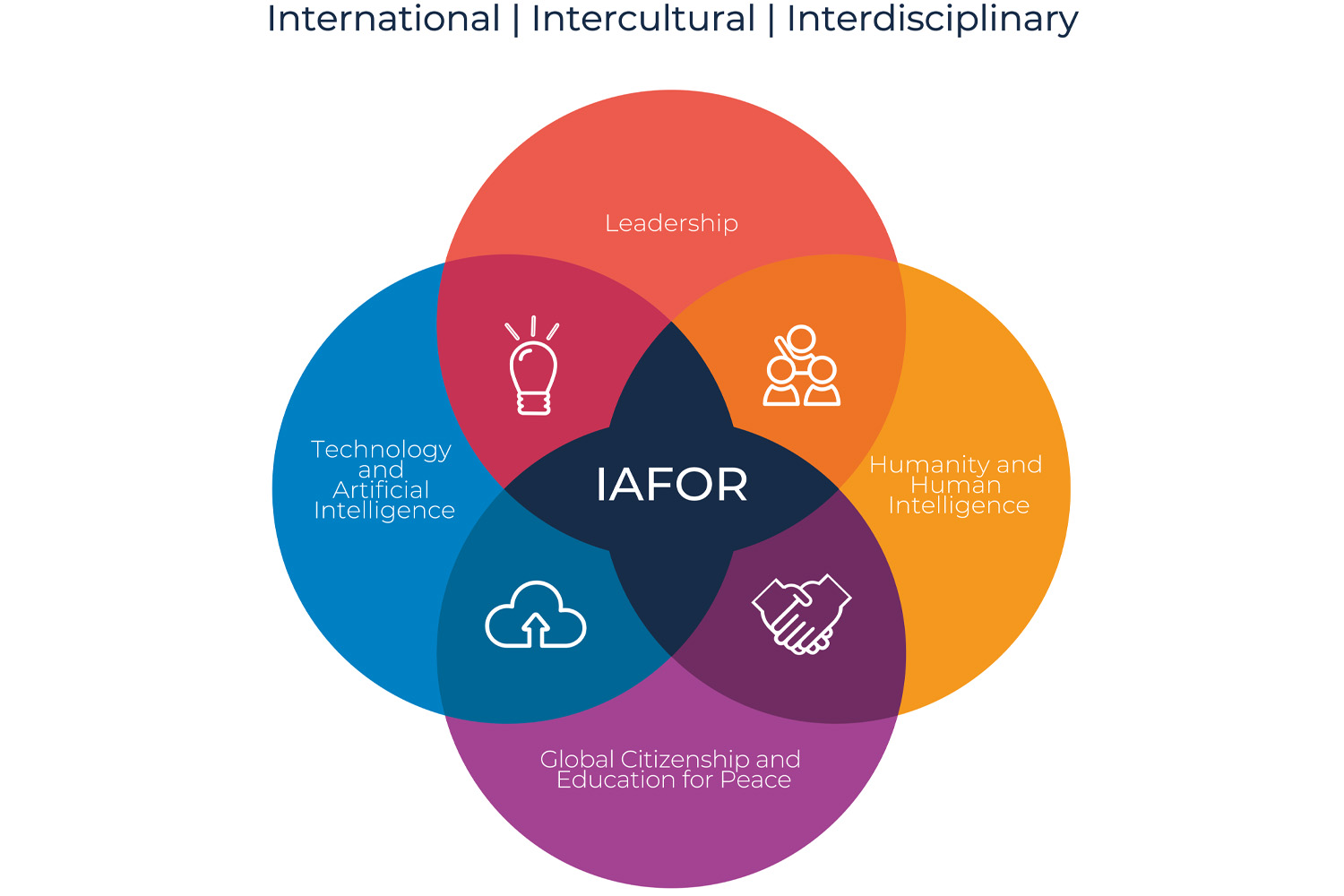
Our four themes can be seen as standalone themes, but they are also very much in conversation with each other. Themes may be seen as corollaries, complementary, or in opposition/juxtaposition with each other. The themes can be considered as widely as possible and are designed, in keeping with our mission, to encourage ideas across the disciplines.
Read Last Year's Conference Report
Conference News

IAFOR Grant and Scholarship Recipients: The 16th Asian Conference on Media, Communication & Film (MediAsia2025)

Accepted Presentations
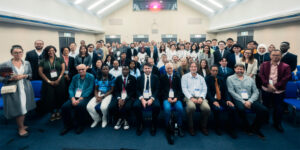
Conference Report and Intelligence Briefing: KAMC/MediAsia2024
About Kyoto and the Kansai Area
Kyoto is one of the world's most storied and beautiful cities, and was the capital of Japan for over a thousand years from 794 until 1868.
The Kansai area, 500 km east of Tokyo, boasts the cities of Kyoto, Osaka, Kobe, and Nara. Kansai represents the inherent strength (sokojikara) of Japan as the vortex of Japan’s cultural, political and commercial activities for nearly 13 centuries. In times past Kyoto and the older capital Nara were the repositories of religion, knowledge, technology, and civilisation that reached Japan by way of the Silk Road. Osaka has been the biggest commerce centre since the Edo period (1603 – 1868), pioneering in futures trade and giving birth to many large trading houses that would provide the social capital for rapid industrialisation in the Meiji era (1868 – 1912). Even though the capital has moved to Tokyo, Kansai continues to flourish in this rich cultural heritage and tradition of innovative thinking, as a place where East mingles with the West over time and space in ways that Tokyo cannot match.
About IAFOR
"Inspiring Global Collaborations"
Founded in 2009, The International Academic Forum (IAFOR) is a mission-driven politically independent non-partisan and non-profit organisation dedicated to encouraging interdisciplinary discussion, facilitating intercultural awareness and promoting international exchange, principally through educational interaction and academic research. Based in Japan, its main administrative office is in Nagoya, and its research centre is in the Osaka School of International Public Policy (OSIPP), a graduate school of The University of Osaka. IAFOR runs research programs and events in partnership with universities, think tanks, and other associations. Through its international, intercultural and interdisciplinary conferences, research, and publications, IAFOR is a network hub for interdisciplinary discussion across Asia and beyond.
Read more about IAFOR.


